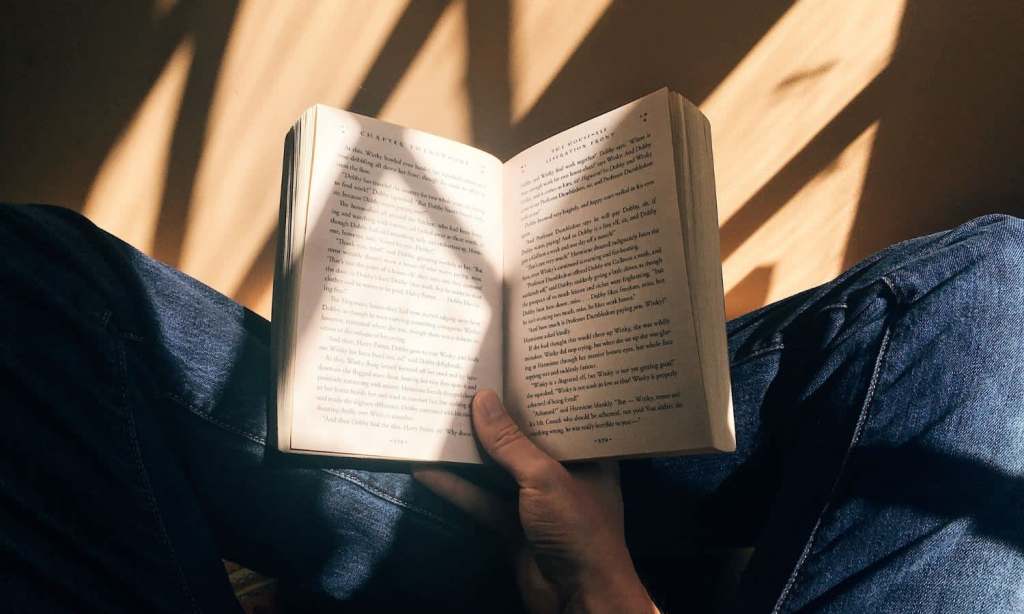Feeling nervous in social situations is a pretty common feeling. For others who experience social anxiety or social phobia, these situations can be completely overwhelming.
According to Beyond Blue, roughly 11% of the Australian population “experiences social phobia during their lifetime, with just under 5% experiencing social phobia in any 12-month period.” The easing of COVID-19 restrictions in Australia could be particularly triggering for those who suffer from social anxiety.
Beyond Blue’s lead clinical adviser, Dr. Grant Blahshki, told the ABC that the lack of socialising during iso could make it harder for socially anxious people to go back to their normal lives. He also flagged that there was a chance that people who had never experienced social anxiety could also feel it as restrictions loosened.
“You sort of lose your mojo, lose a bit of your confidence, lose a bit of your social stamina of chatting with other people,” he said.
Socialising with colleagues and friends after months spent in the company of very few people can be hard, so take it easy, especially if your social phobia is kicking it.
“Some people are easy company and some people are a bit full-on, so start with easier people,” Dr. Blashki told the ABC.
While pushing yourself to be social might feel stressful, stretching yourself to be more social bit by bit will make a big difference in regaining your “social confidence”.
Keep in mind that everyone will also be feeling a little unsure about the return to ‘normal’ life, whether they suffer from social phobia or not.
“It’s important to remind yourself that everyone has just been through and is going through a scary time and adjusting,” Dr. Blashki told the ABC. “So don’t personalise strange responses. They’re probably not about you, it’s probably about other people also getting their confidence back.”
Being extra cautious while in public places can be exhausting and for those prone to anxiety, can cause catastrophising feelings.
“We need to continue to be very sensible and safe and follow the government instructions,” Dr Blashki said. “But underneath that, the truth is in Australia, your actual risk of contracting coronavirus is pretty low.”
As we all adapt to the new normal, go easy on yourself. Navigating social anxiety while having a legitimate reason to actively avoid people is a tricky balancing act. Start off small and only see those people you’re comfortable with. When you do have to return to work, put steps in place to make you feel less stressed, like giving yourself plenty of travel time and listening to comforting music or a podcast.
If you’re struggling with social anxiety and the prospect of returning to your pre-coronavirus routine, reach out for help to make this transition easier on you. Beyond Blye has a dedicated Coronavirus Mental Wellbeing Support Service, which you can call on 1800 512 348.
With this service, you can talk to a Beyond Blue counsellor about how you’re feeling during this challenging time and your concerns around social anxiety. From there, the Beyond Blue counsellor will be able to provide support based on your specific needs.
If you or anyone you know is struggling and needs support, call Kids Helpline on 1800 55 1800 or Lifeline on 13 11 14, both of which provide trained counsellors you can talk with 24/7. You can also speak with someone confidentially at Headspace by calling 1800 650 890 or chat online here.







